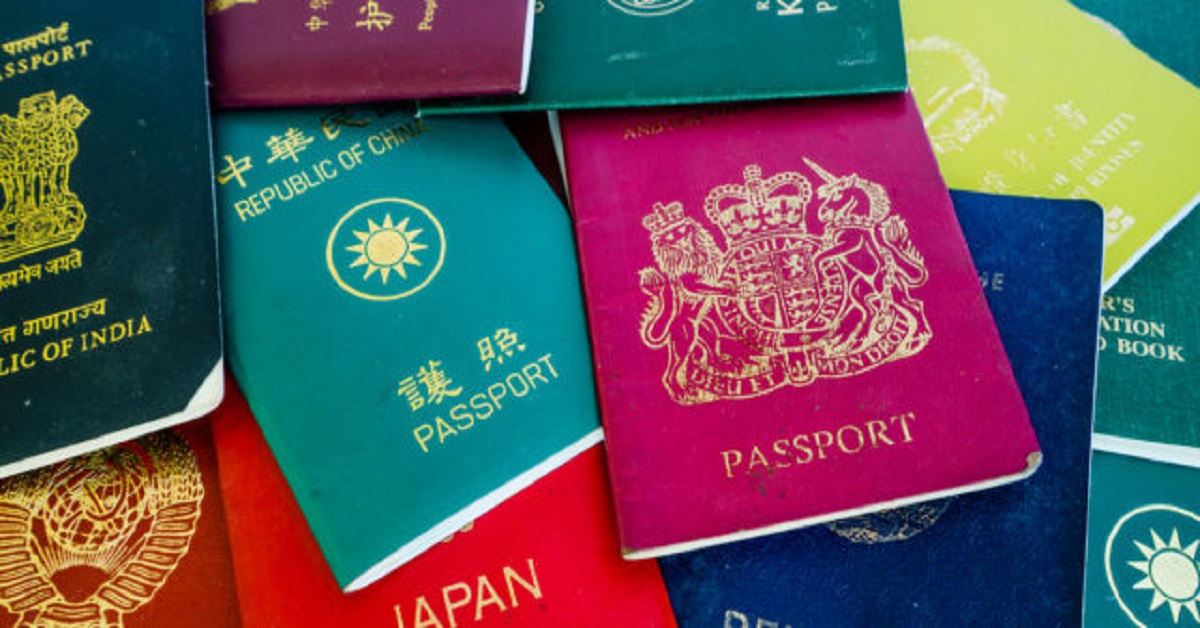
Passport, a travel document that is a form of an identity these days. An d this country’s passports have climbed the ladder.
The UAE passport is getting more valuable than ever and is now ranked as the 32nd most powerful in the world, it was announced on Sunday.
The 2018 Henley Passport Index, which rates countries according to the number of destinations their citizens can travel visa-free, said that the UAE passport now offers holders ease of travel to 134 countries, up from 121 countries in 2017.
The UAE was ranked 38th in the 2017 edition of the index, but as more countries have been added to the visa-free list for Emiratis, the country’s position has climbed six places to occupy the 32nd spot globally.
The country had earlier gained access to 12 new destinations in 2017 alone, and just last week, one more state was added to the list.
READ ALSO: Passport fee for children and senior citizens will be cheaper, says Sushma Swaraj
The UAE and China signed last month a memorandum of understanding (MoU), to exempt UAE nationals from obtaining pre-entry visas for stays of up to 30 days. The agreement took effect last January 16, 2018.
Over a ten-year period, the UAE passport has risen by 29 places, the biggest historical climb of any passport in the world, according to the creators of the Henley Passport Index.
The UAE passport remains the most powerful in the Gulf region.
“The UAE’s success is linked to the fact that, between 1999 and 2018, visa restrictions on Emirati citizens have been lifted by countries such as New Zealand, Argentina, Chile, Ukraine, and now China, as well as by those in Europe’s Schengen area,” Henley & Partners said.
Within the wider Gulf Cooperation Council (GCC) region, all member countries significantly improved their positions in 2018, with Kuwait moving up to the 58th position, Bahrain rising to 63rd, Oman to the 65th and Saudi Arabia to the 67th.
Overall, Germany took the crown as the world’s most powerful passport, followed by Singapore in the second position.
The index is based on exclusive data from the International Air Transport Association (IATA) and is backed by in-house research.

Post Your Comments